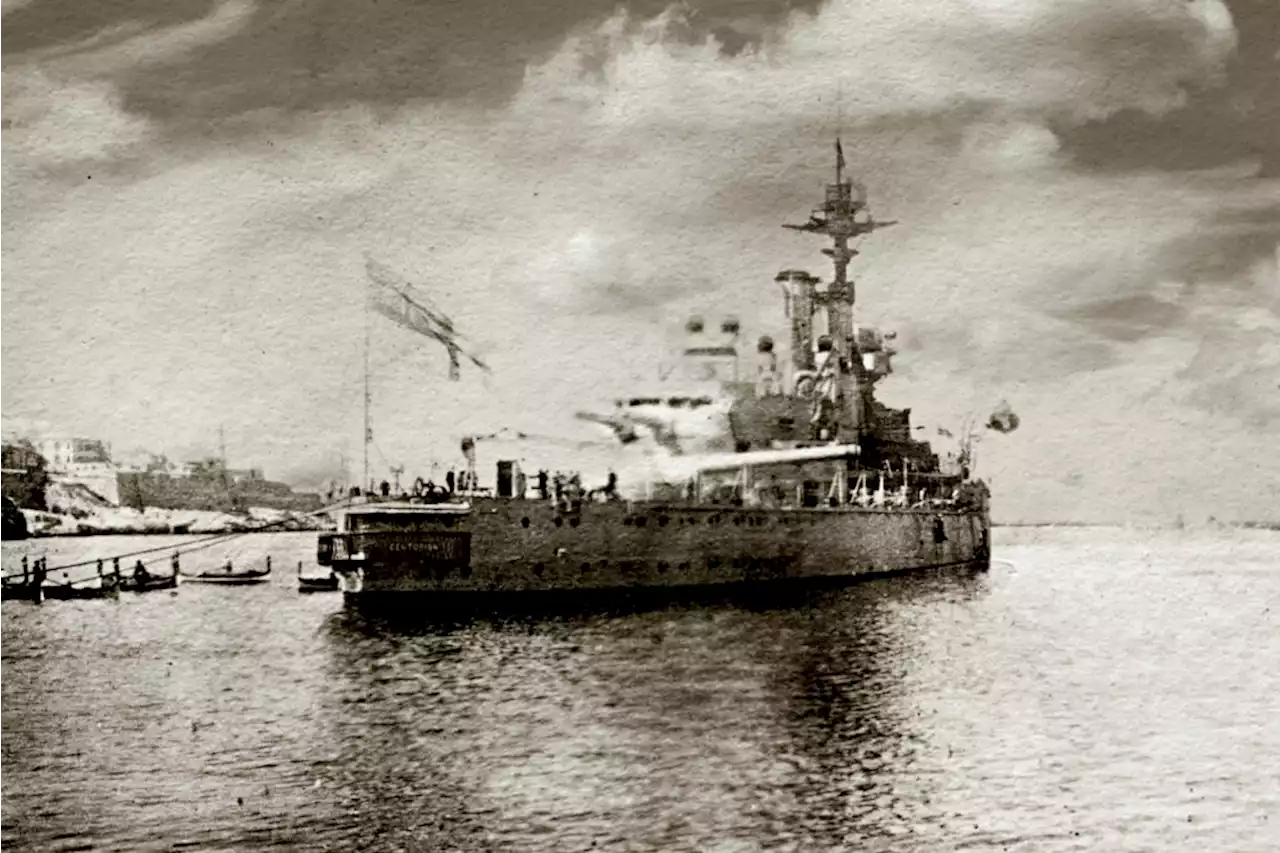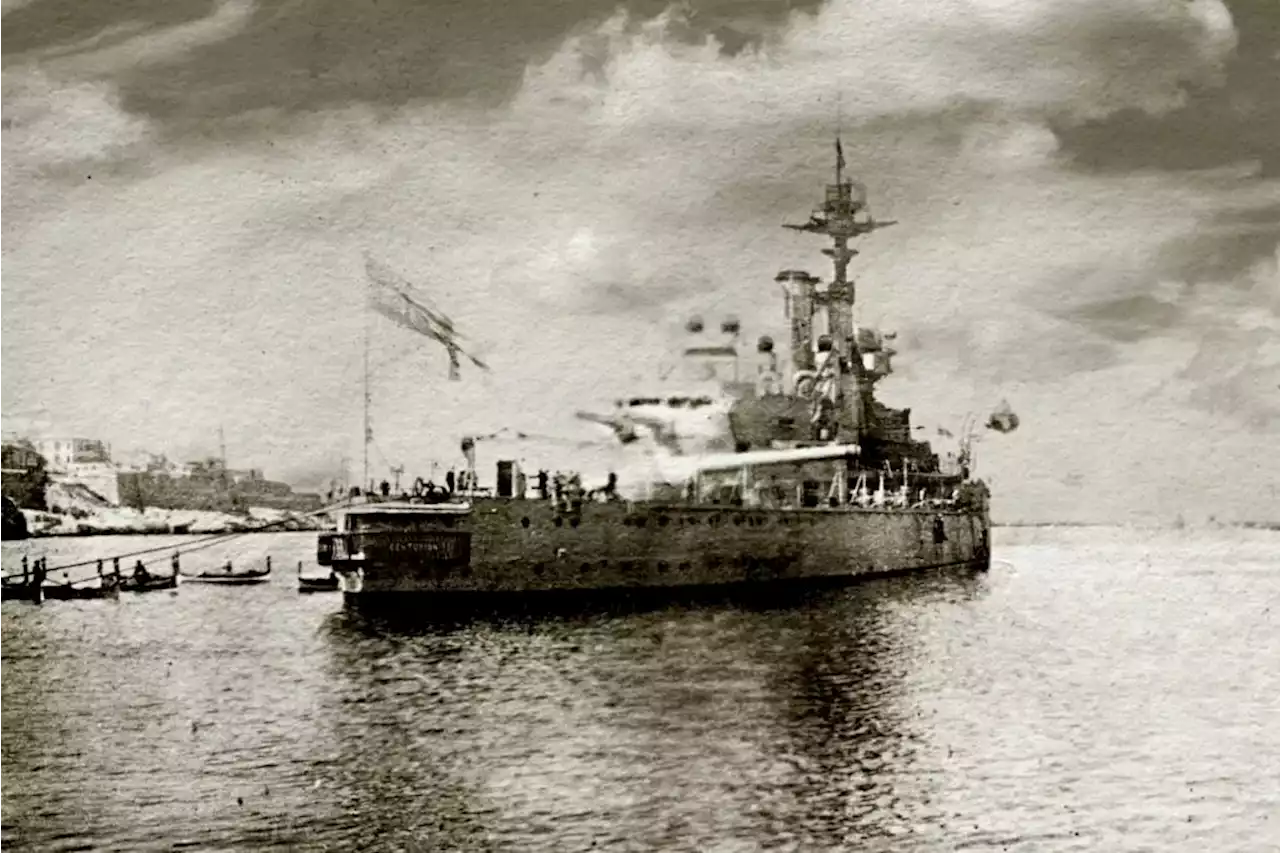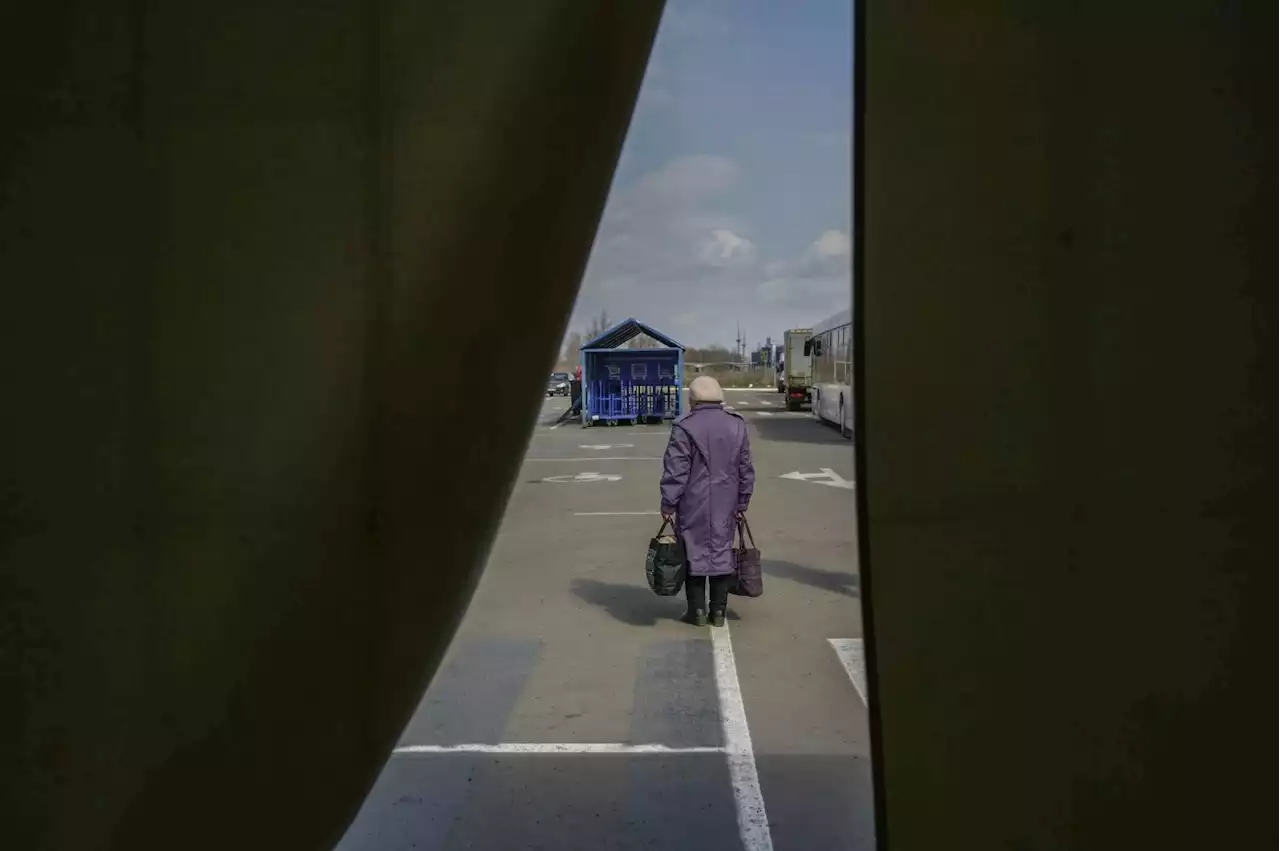This imaginary memo reviews the Russia-Ukraine war at its current stage through the eyes of an adviser to the General Secretary Chinese Communist Party Xi Jinping.
A strategy of military-civil fusion has been adopted by the Chinese Communist Party to develop the People’s Liberation Army into a ‘world class military’ by the 100th anniversary of the PRC’s establishment in October 2049. The acquisition and integration of technology, innovation and know-how is key to achieving this goal, to which end the CCP is reorganising science and technology institutions at home and extending cooperation abroad.
By launching a war without a formal justification or declaration, Moscow assumed, as in recent European history, that Ukraine was a ‘rotten structure’ and would come ‘crashing down’. We should take note of these aspects in our foreign policy dealings in Asia, especially with the province of Chinese Taipei. We need to convey our position on the province with sensitivity, mindful of contemporary Western tendencies on support especially for democratic statehood, and eager to prove its foreign policy credentials.
We also note that whereas Russia’s political misconceptions lie behind the performance myth of what was billed as one of the world’s greatest armies lacking a commonality of purpose, the Ukrainian military is a reflection of a society with an increasing belief in freedom and independence as a core value.Our analysts have suggested various reasons for President Putin’s timing.
Such a miscalculation of a historical sort should remind of the importance of inviting potentially contradictory viewpoints. Through such diversity comes strength and an analytical understanding of all possible causes and options. We recognise fundamentally that in this age such goals will need to be supported by tangible improvements in living standards.We note the disappointing effects — or application — of Russia’s ‘hybrid’ or ‘non-linear’ war plan. In the run-up to this conflict, much was made of Moscow fighting such an asymmetric war involving non-military and military elements, tipped by a prolonged period of political destabilisation.
This approach recognises some important shifts in modern warfare as a result of the scale of information flows, and who controls that information. With five billion internet users globally, and given social media tends to affirm viewpoints based on a selection of prior material and friendships, an overarching and consistent narrative is crucial. It has to be sophisticated enough to be believable. It has to be supported at key moments and milestones by government actions.
Western credibility has been enhanced by the role of its intelligence agencies, which correctly reported on the concentration and intentions of the Russian forces and then, nearly to the hour, predicted the invasion on 24 February. By contrast, the Russians have looked unreliable and duplicitous, given the routine statements by senior leadership that Western warnings about the imminent invasion were ‘pure fantasy’.
We recommend that our state agencies maintain a level of independent commentary in our politics, not least at this point of Russian actions, to ensure that we avoid the costs of opacity.The West has proven a worthy adversary in fighting for shared values with an ally that has responded positively to external assistance.
The West has also shown it has substantial enabling power if there are willing local partners. While the re-election of President Viktor Orban in Hungary suggests that there are deep national roots to the emergence of populism in Europe and elsewhere, it is reasonable to assume that democracy has received a shot in the arm as a consequence of what has happened in Ukraine.
Moreover, this version of Russian history risks relegating China as a supporter of liberation struggles to a secondary role, which is not in our interests. A man looks at the debris of a destroyed Russian tank in Bohdanivka village, Kyiv area, Ukraine, 12 April 2022. EPA-EFE/SERGEY DOLZHENKO Russia is attempting this invasion on a relative shoestring and on hubris rather than a carefully worked-out plan, and is suffering as a result. The coalition to remove Saddam Hussein’s forces from Kuwait in 1991, for instance, numbered 650,000. Some estimate it would take a million troops to occupy Ukraine, troops Russia does not have and cannot afford.
Whereas the Russians might have expected a similar level of Ukrainian resistance as faced when capturing Crimea in 2014, the lessons from that conflict appear to have been well learned by Kyiv. They have a unique advantage in that they understand the Russian mindset and military approach, whilst at the same time understanding the Western way of fighting.
These revelations have justified an increase in Western measures in support of Ukraine and against Russia, which are likely to have longer term strategic implications and possibly costs.Russia reported 14,400 soldiers killed in its decade of fighting in Afghanistan. In the first four weeks of combat, according to Western and Ukrainian sources primarily, Russia may have lost as many as 15,000 troops of an initial invasion force of some 140,000 , along with at least 400 vehicles .
We might have predicted the Russian difficulties by tracking their logistics pattern, not least their supplies of food and fuel before the invasion. Also, Turkey’s supply of weapons to Ukraine would suggest that Turkey fears neither a Russian victory nor retaliation. Problems remain for the Ukrainians, however. One is that they do not have the combined armed forces required to retake by force the land that they have lost. This will involve more than just equipment and logistics; it requires sound doctrine and training and this takes time, which they might not have, at least not without considerably greater Western assistance.
Russian gas, oil and coal are deeply embedded in the German economy. Russia is the largest supplier of energy to Europe. Russia supplied more than half of the natural gas and about a third of Germany’s oil, and around half of Germany’s coal imports, necessary for German steel manufacture. Germany is caught between acting on Russia’s aggression and their hunger for Russia’s essential commodities.
The war is likely also to have a considerable impact on food security, including in the People’s Republic, both providing opportunity and risking a crisis. The duration of these ripples will, to an extent, depend on Ukraine developing alternative routes for export, notably via Gdansk in Poland. This may provide investment and other commercial opportunities. It may also point to a future Western strategy in opening up the Black Sea ports and breaking the Russian blockade through, among other means, the supply of greater numbers of anti-ship missiles.
If Russia’s forces continue to underperform in this next phase of the war, President Putin may be called to explain to the Russian people why he has incurred significant losses for little apparent gain. The Russian military may be especially unhappy as they have been made to look incompetent, while there are traditional rivalries between this institution and the intelligence services.
This will pose a very high cost to freedom. We await clarity on the conditions that Ukraine might accept for a peace, whether this includes compromises to their territorial integrity, the demands for Russian reparations, and their role in Europe and in NATO. A Moscow will likely, too, leave behind defences to the north of Kyiv, forcing the Ukrainians to spread their limited forces. While Russia faces challenges in mobilising its forces, Ukraine, too, faces dangers of over-stretching their logistics and will require a continuous flow of arms, including heavy weaponry, along with training.
Russia cannot lose completely given its possession of nuclear weapons. But its leadership is vulnerable to this setback. They have taken risks which we must learn from and avoid.Western thoughts are already turning to conceptualising a ‘Marshall Plan’ for Ukraine. Already the West has committed more than $15-billion in emergency aid, led by the US commitment of $13.6-billion in March 2022.
Österreich Neuesten Nachrichten, Österreich Schlagzeilen
Similar News:Sie können auch ähnliche Nachrichten wie diese lesen, die wir aus anderen Nachrichtenquellen gesammelt haben.
 WAR IN EUROPE: Russia turns to general who razed Syria’s Aleppo to lead forces to ‘victory’Russia’s war on Ukraine continues to take a sad toll on Ukraine’s people. Moscow is trying to reorient its attack to at least claim a minimum victory — but that clock is ticking.
WAR IN EUROPE: Russia turns to general who razed Syria’s Aleppo to lead forces to ‘victory’Russia’s war on Ukraine continues to take a sad toll on Ukraine’s people. Moscow is trying to reorient its attack to at least claim a minimum victory — but that clock is ticking.
Weiterlesen »
 Europe is sleepwalking into another world warEurope is sleepwalking into another world war - Russia is at war with Ukraine because it is at war with Nato, which is commanded by the United States
Europe is sleepwalking into another world warEurope is sleepwalking into another world war - Russia is at war with Ukraine because it is at war with Nato, which is commanded by the United States
Weiterlesen »
 Europe is sleepwalking into another world warEurope is sleepwalking into another world war: Russia is at war with Ukraine because it is at war with Nato, which is commanded by the United States
Europe is sleepwalking into another world warEurope is sleepwalking into another world war: Russia is at war with Ukraine because it is at war with Nato, which is commanded by the United States
Weiterlesen »
LETTER: No normal diplomacy for abnormal aggressorsMass murder and destruction are part of Russia’s plan to subjugate Ukraine
Weiterlesen »
 Ukraine braces for fall of Mariupol to RussiaUkraine's President Volodymyr Zelensky told lawmakers Russia had 'completely destroyed' Mariupol
Ukraine braces for fall of Mariupol to RussiaUkraine's President Volodymyr Zelensky told lawmakers Russia had 'completely destroyed' Mariupol
Weiterlesen »
 Manufacturing in KZN still picking up the pieces after July unrestManufacturing businesses in KwaZulu-Natal continue to suffer from the impact of the July 2021 unrest, and the ongoing RussianUkraineConflict is likely to exacerbate the situation. Moneyweb BusinessNews Palesa_foks
Manufacturing in KZN still picking up the pieces after July unrestManufacturing businesses in KwaZulu-Natal continue to suffer from the impact of the July 2021 unrest, and the ongoing RussianUkraineConflict is likely to exacerbate the situation. Moneyweb BusinessNews Palesa_foks
Weiterlesen »
